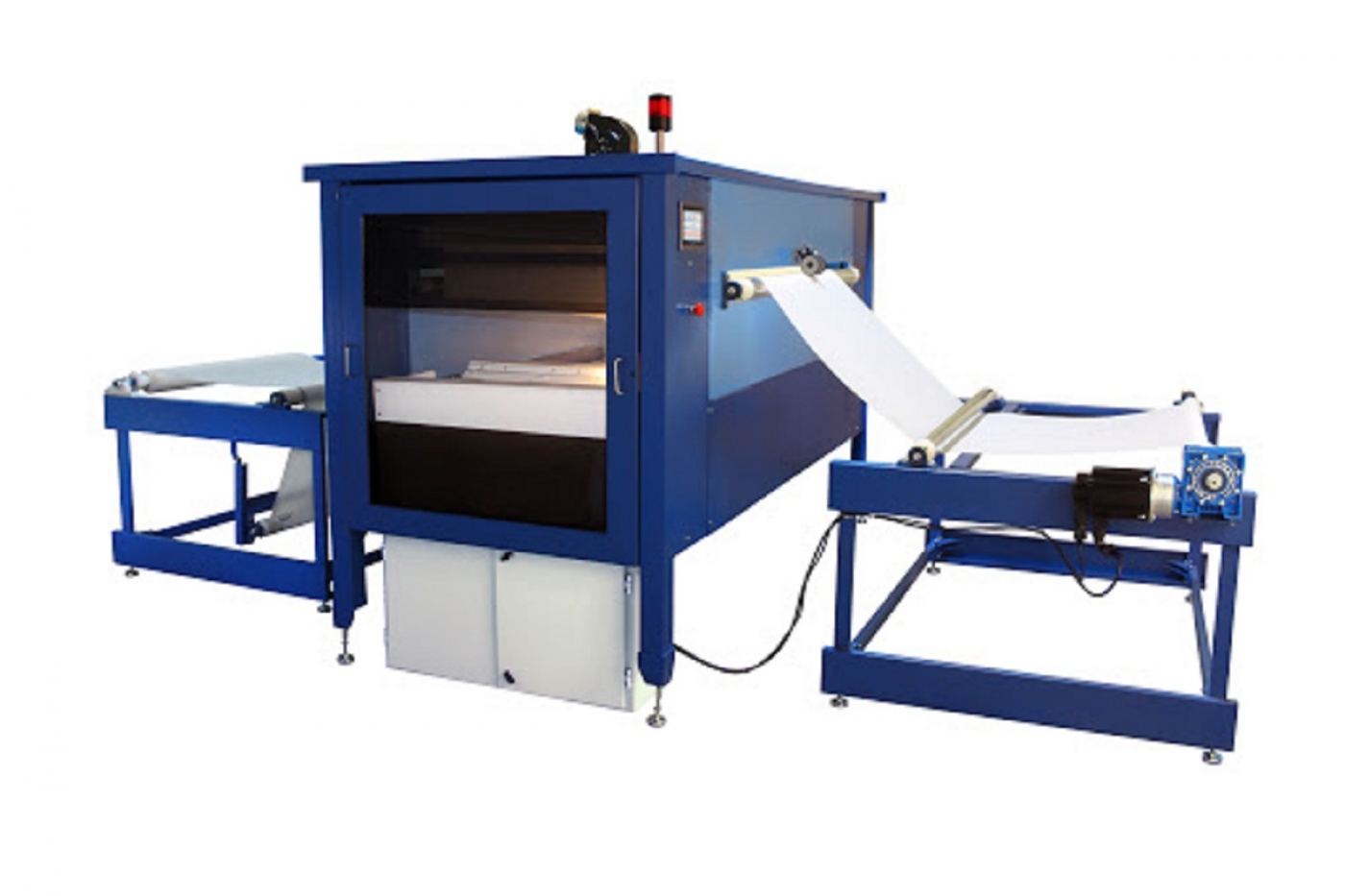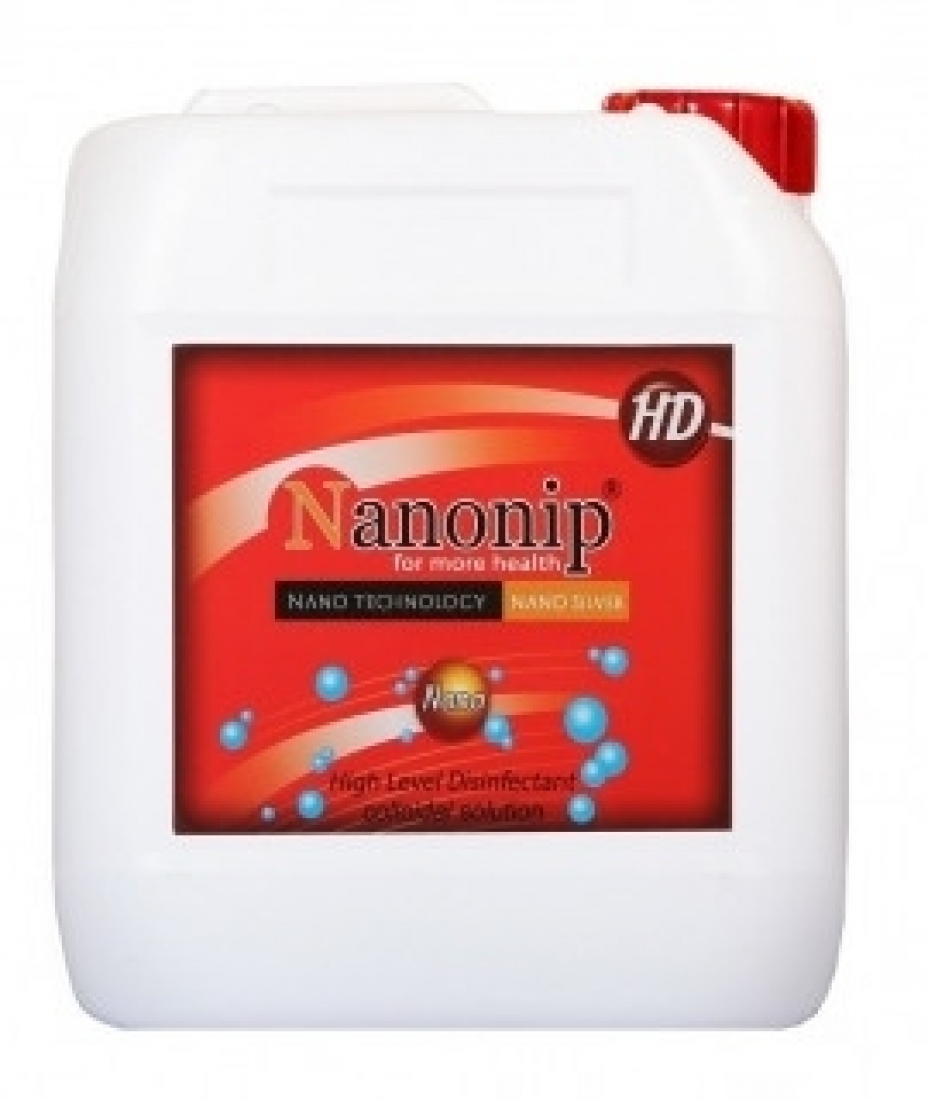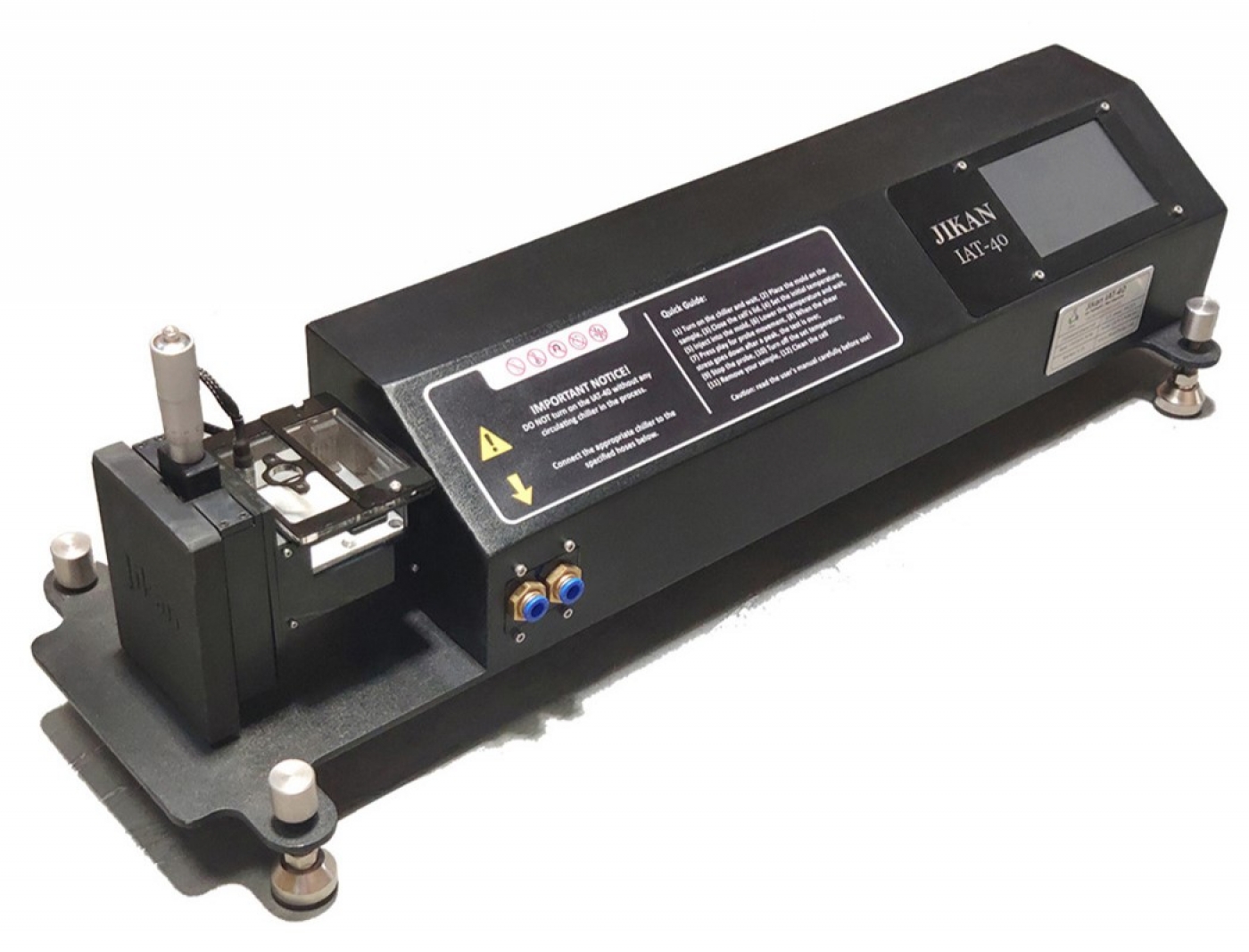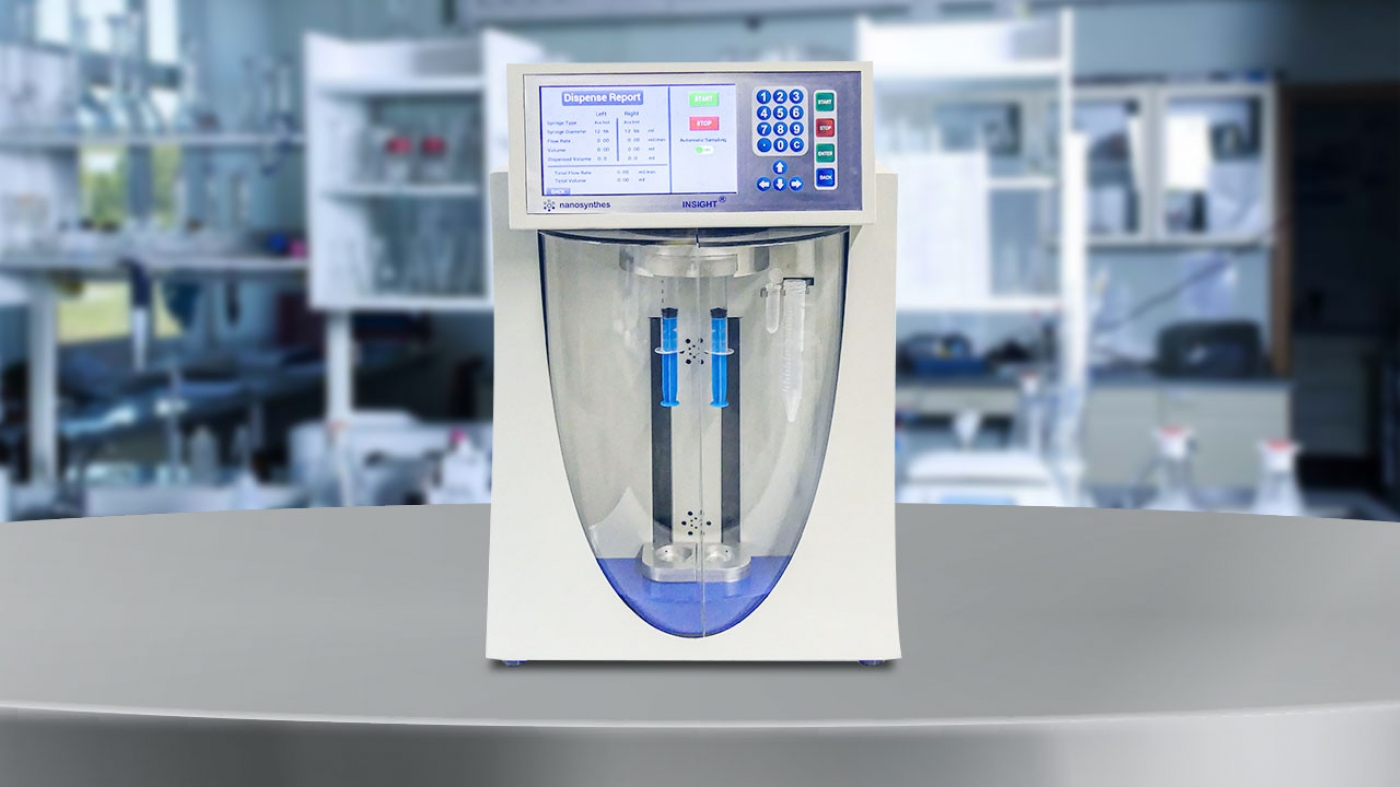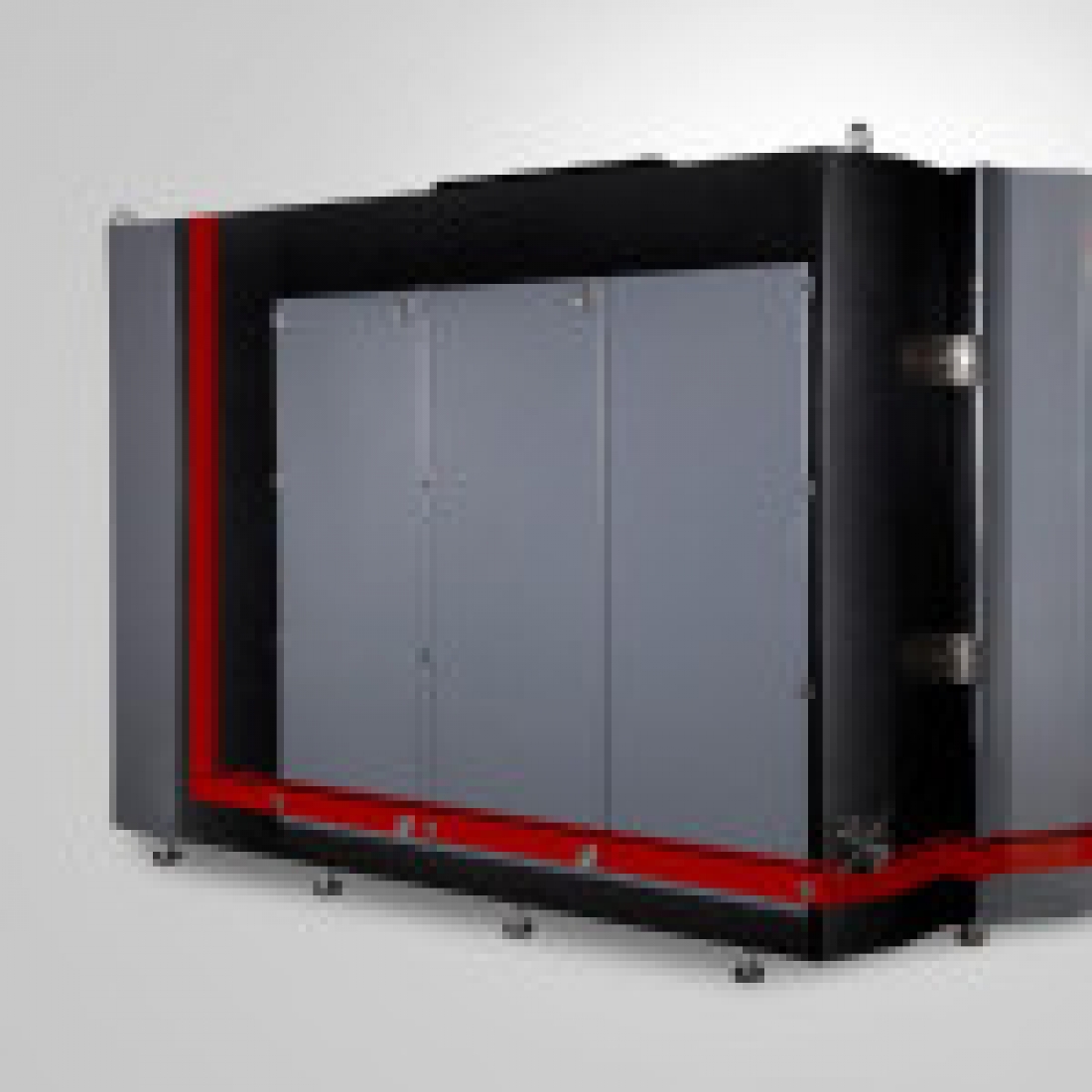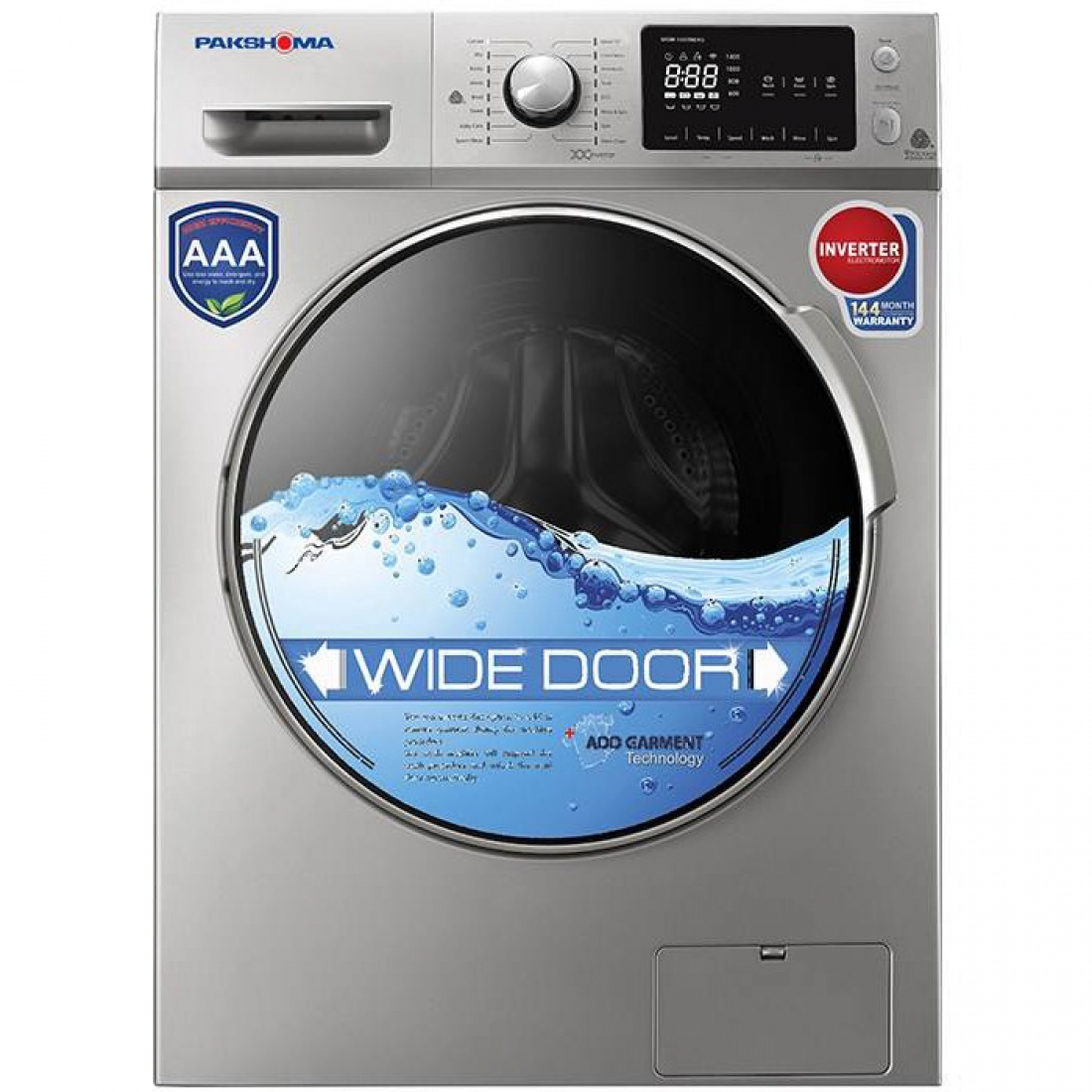Electrospinning is regarded as one of the versatile and popular industrial methods in production of polymer nanofibers from suspension solution (precursor polymer). This method in some respects is very similar to its much earlier type, i.e.
Introduction
Electrospinning is regarded as one of the versatile and popular industrial methods in production of polymer nanofibers from suspension solution (precursor polymer). This method in some respects is very similar to its much earlier type, i.e. Dry Spinning, in which precursor polymer is pushed into a die (called spinneret) like extrusion process, and after evaporation of its solvents, converted to the threads and fibers. However, in electrospinning process there is an important difference; since the aim is to produce very fine fibers (in range of micrometer to nanometer), spinneret must comprise of capillary tube to be able to produce a fine liquid stream of precursor (below 1 mm diameter). The other important difference is applying the high voltage (tens of kV) to the spinneret unit, which urges the polarized liquid (precursor) to be pulled towards electric field. This force acts in an opposite direction to the liquid surface tension inside the capillary tube. When the electric force overcomes the liquid surface tension, a fine liquid stream of precursor comes out of the spinneret and accelerates towards a plate with opposite polarity called collector. The injection flow of precursor into the spinneret unit is also adjustable via syringe pump unit.
Another important effect of electric field is that when the solvents evaporate, electrically charged polymer threads in the precursor stream. As a consequence of the repulsive electrostatic forces between polymer chains, the stream loses its stability, starting to break down, distortion, and so-called whipping motions. Eventually, a liquid stream with primary diameter of about 1 mm, continuously becomes thin and thinner until reaches to the collector plate. In this plate, polymer fibers with the minimum diameters are gathered. Proper adjustment of the parameters of the electrospinning process is the main key to produce fine fibers with diameters from micrometers to nanometers.
Application
This production line allows fabrication of layers composed of nanofibers from different natural and synthesized polymers as well as ceramic nanoparticles. In this regard, a wide range of products from various natural and synthesized polymers including PEO, PVA, PC, PSU, PET, PES, PCL, PMMA, PVC, PS, PVDF, PU, PA, PAN to different nanoparticles including CNT, Aluminum oxide, Silver, Gold, Nano clay, Hydroxyapatite, Titanium oxide can be mentioned.
specification
The fully automatic mass production line of nanofibers, NF-Line-IV, includes at least one injection system comprising several spinning units, each one is independently programmable via control system. The injection system is equipped with smart sensors which monitor the physical properties of spinning solutions during the operation and in case of need, keep these properties desirable. The number of spinning unit in each production line is at least four units, and in case of need for higher production rate, the number of units van be increased. According to the independent operation of spinning units in each injection system, arrangement of spinning units based on requirements of users cover a wide range of nanofiber products from similar single layer to dissimilar hybrid multi-layers. All aspects of safety are considered in design of this mass production line of nanofibers. The most important are: safety door lock for prevention of electric shock, intelligent warning signs system, and safety evacuation system for safe discharge of poisonous solvents and suspended nanofibers. It is worthwhile noting that this production line is equipped with a system of recycling industrial solvents that is environmentally friendly, as well as makes them reusable in production processes. Details of technical specifications are presented in the following Table.
 Advantager of using nanotechnology
Advantager of using nanotechnology
When the repulsive electrostatic forces overcome the surface tension forces, the destruction, bending, twisting and stretching of fibers occur with respect to the device conditions; occurrence of a combination of these phenomena or each one individually can lead to the conversion of a solution jet with millimeter diameter to one or several jets with a diameter in the nanometer range. So this device can be mainly utilized in production of nanofibers.
Manual and maintenance
- Use a proper power cable.
- Make sure that the connection of electrical cables is correct.
- Ensure that the earth connection cable is right.
- Install the device in a place with proper ventilation.
- For more details on how to use the device, refer to the device catalog and user guide.
Safety and package
- Equipped with Micro switch to disable the voltage when the device door is open.
- The aspirator for ventilation of organic solvents.
- Equipped with emergency power switch.
- Safety door lock for prevention of electric shock.
- Safety evacuation system for safe discharge of poisonous solvents and suspended nanofibers.
